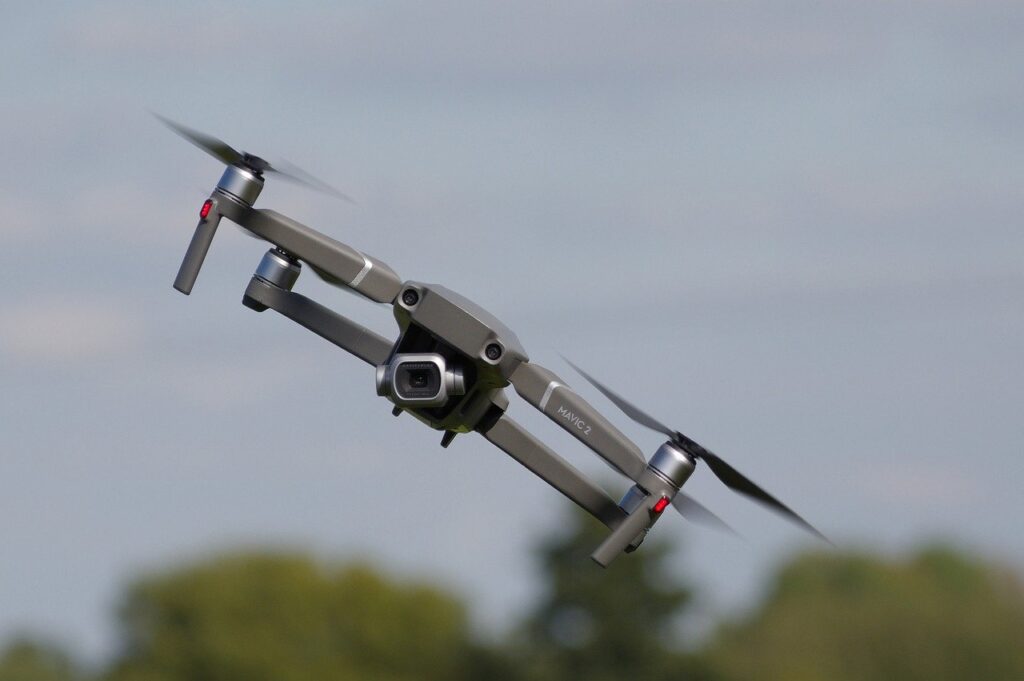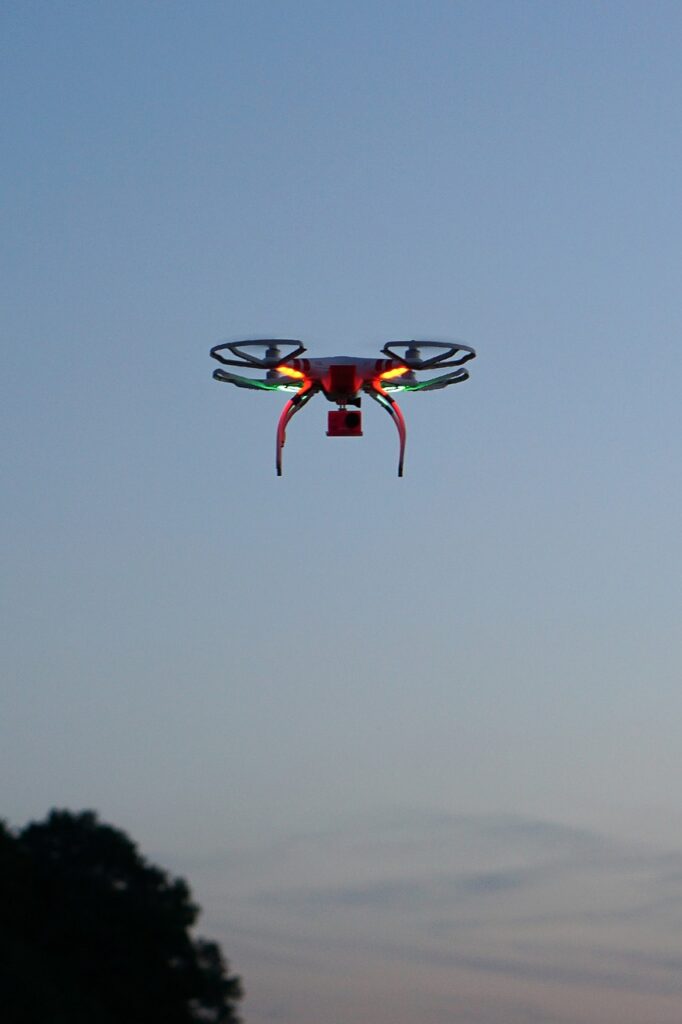The Future of Retail and Logistics: The Sky’s the Limit with Drone Deliveries
The retail and logistics sectors are on the cusp of a revolutionary change, driven by the advent of drone technology. A recent report by PwC’s Drone Powered Solutions – Global Center of Excellence in Drone and Geospatial Technologies – has shed light on the transformative potential of drone deliveries in these industries.
The report, “Drone Deliveries: Taking Retail and Logistics to New Heights,” provides a comprehensive analysis of the market potential for drone deliveries, particularly in the business-to-consumer (B2C) segment. It suggests that by integrating drone deliveries, retailers and logistics companies can significantly enhance customer experience, tap into new customer segments, and streamline their operations.
One of the key insights from the report is the projection of a steep increase in B2C drone deliveries. From an estimated 14,000 daily deliveries in 2024, the number is expected to skyrocket to 808 million within a decade. This growth trajectory is not just about quantity; it’s also about cost-efficiency. The current cost per delivery ranges between $6 and $25, but this is anticipated to drop by more than 70% over the next ten years. Such a reduction would not only make drone deliveries competitive with traditional last-mile delivery costs but could potentially surpass them, marking an inflection point for the industry.
The economic implications are vast. The value of goods delivered to consumers by drones is projected to grow by 74% annually, from $251 million in 2024 to a staggering $65,177 million in 2034. This growth is not uniform across all geographies, though. Urban centers, with their unique challenges such as safety risks, fewer suitable landing zones, and complex infrastructure needs, are expected to see a slower adoption rate. In contrast, suburban, rural, and remote areas, which often lack efficient delivery options, are poised to benefit sooner from drone deliveries.
The report also touches on the challenges that need to be addressed to realize the full potential of drone deliveries. These include creating the necessary infrastructure, particularly in urban areas, and navigating the regulatory landscape to ensure safety and privacy concerns are met.
For investors, the burgeoning drone delivery market presents an exciting opportunity. The sector’s growth is fueled by technological advancements and the increasing demand for faster, more efficient delivery services. As the report indicates, the next decade could see drone deliveries become a common sight, transforming the way we think about retail and logistics.
The PwC report is a call to action for businesses to consider how they can leverage drone technology to stay ahead of the curve. It’s not just about keeping up with the competition; it’s about redefining the industry and setting new standards for customer satisfaction and operational efficiency.
The future is looking up, and it seems the sky is not the limit after all – at least, not for the innovative world of drone deliveries.
For further industry reports, click here.
13 November 2024










